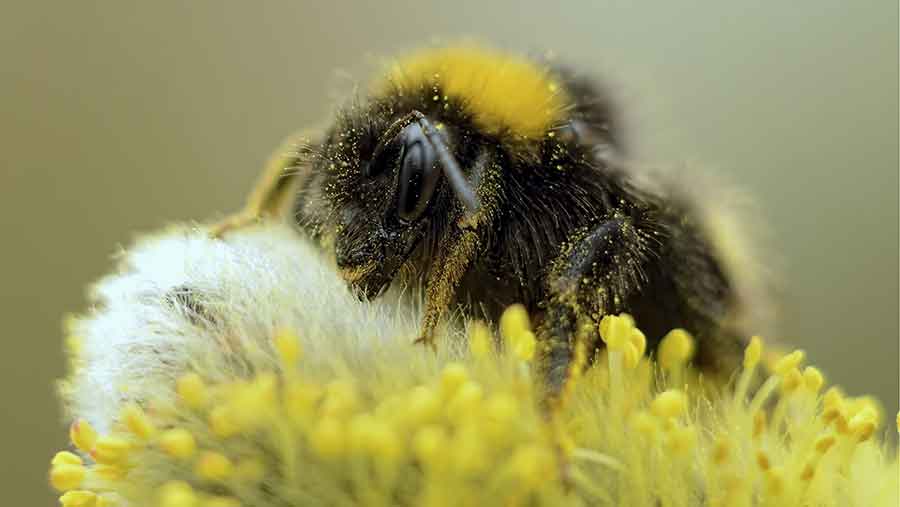Opinion: Natural capital holds the key to future farm support
 © WestEnd61/Rex/Shutterstock
© WestEnd61/Rex/Shutterstock As any good bean grower will tell you, bean counting is important. Proper accounting is fundamental to determining the value of an enterprise’s output and the consequential fair exchange of money in return for goods.
While that’s all well and understood for agricultural output traded on open markets, the bean counters have so far failed to find a way to properly account for other farming outputs for which there are no markets and, hence, where fair exchange has never been fully achieved.
See also: FW interview with Dieter Helm
As farming peers over the fence at its post-Brexit future, the majority of the Great British public peer back at an industry they continue to perceive as fat-cat landowners picking up fat cheques at Jo Public’s expense.
Pioneered by Dieter Helm, fellow of economics at Oxford University, “natural capital” is a new economic model which sets out to provide a proper method of accounting for the country’s natural assets, the cost of maintaining them and the value to society now and in the future.
Take, for example, the UK’s bumblebee population as a natural asset providing completely free pollination services to the nation in perpetuity. As long as we maintain their numbers above their critical threshold, they will continue to provide pollination services free of charge, forever.
The very significant economic value to society in terms of food production and bio-diversity can be assessed, and thus a rational case made for investing in the maintenance of this natural asset. The return on investment to society in paying farmers to deliver the environmental services to maintain the bumblebee population can be both quantified and demonstrated.
By demonstrating the delivery of results, rather than merely actions, UK farming can begin to turn around the supertanker of public opinion, placing farming alongside other essential service providers as a legitimate recipient of public money well spent.
Natural capital is nothing less than an all-encompassing redesign of our national economic model. This is both its strength and its weakness in that it is easy prey for government’s “expedient fudge mangle” into which is fed a really important idea, and out of which comes a watered-down, inadequately funded policy.
An agri-environment policy with a top dressing of “natural capital lite” will leave both farmers and public underwhelmed and frustrated.
Post-Brexit, Defra can no longer fall back on the old excuse of EU bureaucracy as the reason for incomprehensible schemes that fail farmers, the environment and public expectation. It must work with farmers to develop the next generation of schemes that incentivise farmers to participate, and through use of natural capital principles, fully reflect the value to society of the environmental results achieved.
Undoubtedly there will be winners and losers, but whatever the pros and cons, natural capital is an opportunity for farming to get on the front foot.
Farmers can begin the process of incorporating natural capital principles into their farm business plans now and, in so doing, plant the seeds of an evidence-based dialogue with the public and politicians that could positively change society’s perception of farming.
This would also ensure that implementation of natural capital is shaped and led by farming, rather than being the next in a long list of big ideas which are done unto us by bureaucrats with long arms.
Catherine Broomfield is a freelance writer on food and farming and provides business development advice to agricultural enterprises. Follow her on Twitter @1_udder_thing
